Masseter (TMJ) jaw Muscles Reduction
The Masseter, or jaw muscle, is the strongest muscle in the body. If it becomes tense or overactive, it can cause Temporomandibular joint dysfunction (TMJ). TMJ can cause pain, cramps, jaw clenching, tooth grinding, and other symptoms.
One effective treatment can be to inject neurotoxin into the masseter muscle to help relax it and reduce TMJ symptoms. Some patients have also noticed a slimmer face profile after this treatment, which works for both men and women.
Masseter Reduction
The masseter refers to one of the muscles that’s responsible for helping you chew. It is located at the corner of your face, and connects down to your cheekbone and lower jawbone.
Some people are born with a larger masseter than usual, which causes problems such as a tight jaw, tooth sensitivity, pain in the neck, tooth damage, headache, and ear pain.
The best treatment option is to reduce the muscle through a non-surgical procedure known as botulinum toxin or what is known as Botox jaw reduction. It is non-invasive and involves injecting toxins directly into the muscle itself.
Benefits of a masseter Botox injection;
A Botox masseter will result in masseter muscle reduction and the following benefits;
Reduces teeth grinding
Bruxism or teeth grinding is a typical problem of having a large masseter muscle, and it is usually treated using mouth guards.
A severe case of bruxism can be treated with masseter Botox injection. These are the most effective, as they weaken the muscle and relax the jaw. This, in effect, stops the jaw and the teeth from clenching involuntarily.
It reduces the symptoms of TM
The Temporomandibular Joint or TMJ is another muscle that helps you chew, and it’s usually connected to the skull or lower jawbone.
If you happen to have a problem with your TMJ, known as temporomandibular joint disorder (TMD), masseter Botox can help relax the muscles and reduce TMD symptoms.
Other benefits of Botox to reduce masseter muscle include;
- Reduction of headaches.
- Elimination of jaw pain.
- Better jaw motion and range.
- Eliminated ear pain.
- Slims the shape of your face.
Benefits of a masseter Botox injection;
A Botox masseter will result in masseter muscle reduction and the following benefits;
Reduces teeth grinding
Bruxism or teeth grinding is a typical problem of having a large masseter muscle, and it is usually treated using mouth guards.
A severe case of bruxism can be treated with masseter Botox injection. These are the most effective, as they weaken the muscle and relax the jaw. This, in effect, stops the jaw and the teeth from clenching involuntarily.
It reduces the symptoms of TM
The Temporomandibular Joint or TMJ is another muscle that helps you chew, and it’s usually connected to the skull or lower jawbone.
If you happen to have a problem with your TMJ, known as temporomandibular joint disorder (TMD), masseter Botox can help relax the muscles and reduce TMD symptoms.
Other benefits of Botox to reduce masseter muscle include;
- Reduction of headaches.
- Elimination of jaw pain.
- Better jaw motion and range.
- Eliminated ear pain.
- Slims the shape of your face.
Treatment Options:

What To Expect During Treatment
Our staff will give you a thorough examination before treatment, and explain in detail how treatment can benefit you. You’ll have all the information you need to decide how you’d like to proceed.
To administer the treatment, which takes about 10 to 15 minutes, a specially trained injector will make a series of carefully targeted injections to relax the masseter muscle but not prevent it from functioning. After the treatment, you’ll wait a few more minutes in our office, just to make sure you don’t have any side effects (these are rare). Then you’ll be able to go about your daily routine.
What Are The Results Of Treatment?
During the next 7 to 14 days, you’ll start noticing that the masseter muscle feels more relaxed, and jaw clenching and tooth grinding are diminished. If you were experiencing pain previously, you may experience a reduction in that as well.
Neurotoxin treatments usually last three to four months, and then treatment needs to be repeated (we’ll help you develop an ongoing treatment plan) so you maintain your treatment benefits.
Request an Appointment

